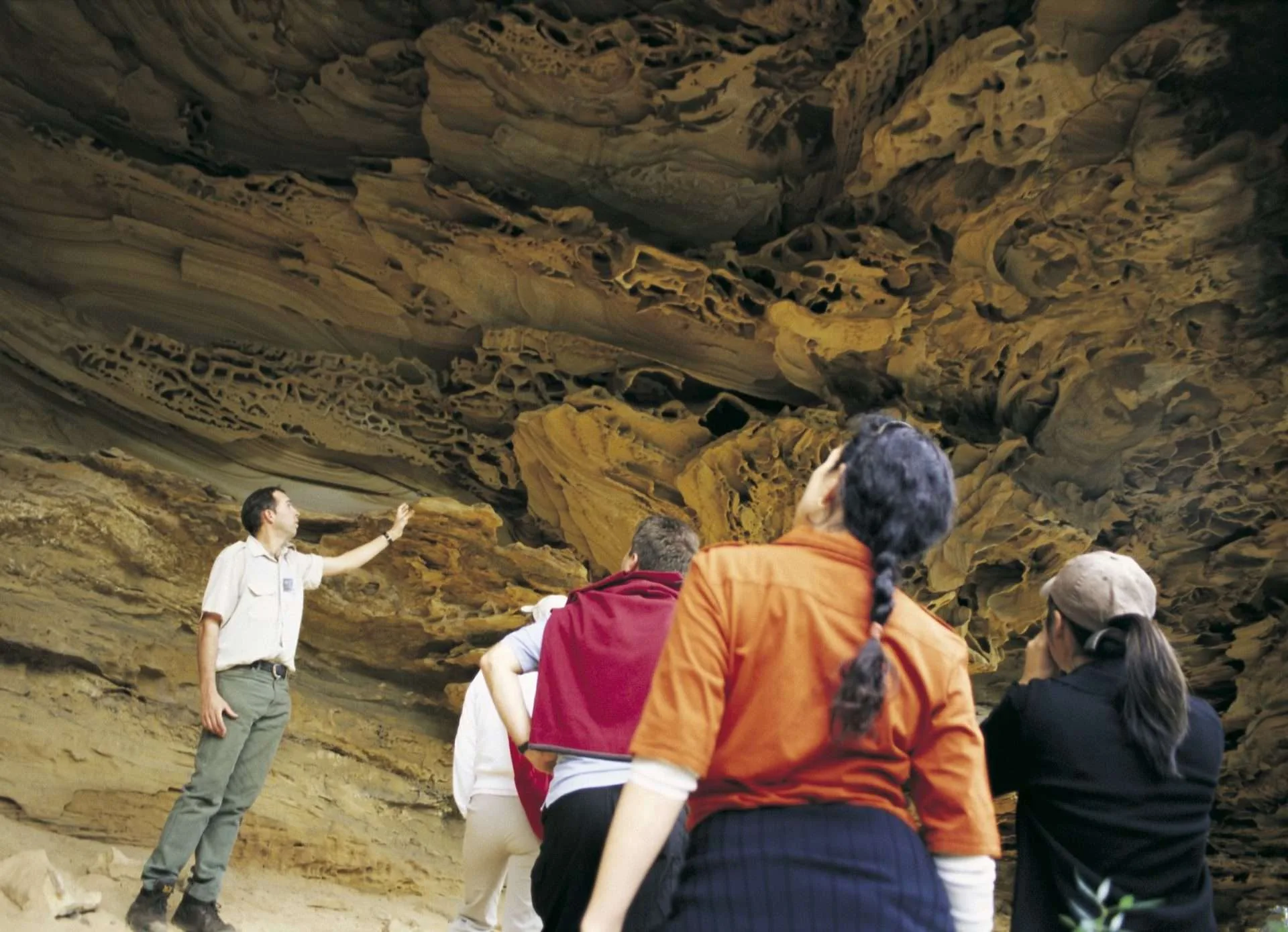Learn to establish and operate an ecotourism enterprise
Ecotourism has emerged out of growing interest in outdoor activities – from mountaineering and birdwatching, to low impact bushwalking. Establishing such an enterprise requires an understanding of a wide range of issues including: destinations, safety, accommodation options, transport, legal considerations, general management, staff and training, the tour desk and marketing approaches.
- Describe the scope of ecotourism experiences available.
- Determine management issues related to ecotourism activities/enterprises, giving due consideration to environmental and ethical concerns.
- Develop in the learner an awareness of ecotourism destinations in existence and possibilities (in the learner’s country).
- Explain the management and operation of an ecotourism office.
- Explain the management of ecotourist accommodation facilities including:
- camp sites
- cabins
- caravans
- resorts
- Identify catering options for different ecotourism activities.
- Identify legal and statutory requirements for the establishment and operation of an ecotourism enterprise.
- Identify/establish safety precautions/requirements/procedures for an ecotourism enterprise.
- Plan for an ecotourism activity.
Lessons
1. Nature and Scope of Ecotourism
- Definition of ecotourism
- Negative ecotourism
- Principles of ecotourism
2. Management Issues
- Recreation and the environment
- recreational impacts on the environment
- ethical and legal concerns
- code of practice for ecotourism operators
- incorporating ecotourism principles into activities
- interpretation
- visitor guidelines
- planning for minimal impact
- quality control
3. Industry Destinations
- The ecotourism market
- what do ecotourists want?
- trends in international tourism
- understanding the needs of the consumer
- consumer expectations
4. The Tour Desk/Office
- Office procedures
- providing information
- employment prospects in ecotourism
- bookings
- business letters
- telephone manner
5. Accommodation Facilities
- Types of accommodation facilities
- layout of facilities
6. Catering Facilities
- Introduction to catering
- accepted practice for service facilities
- storing and preserving food
7. Legal Considerations
- National Parks
- land use/planning restrictions
- code of practice
8. Safety
- The safety strategy
- hazards
- first aid
9. Planning an Ecotourism Activity
- A special project where the student plans out an ecotourism activity including:
budget, accommodation, licenses, meals, destination

